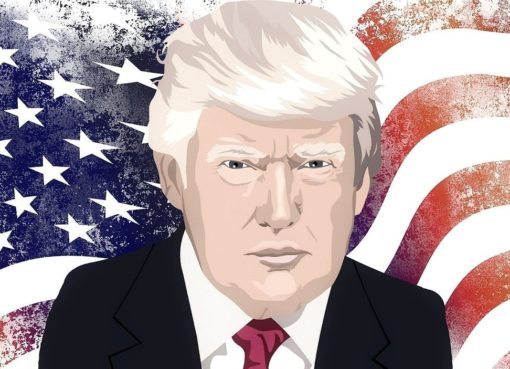Virgil Griffith’s lawyer has filed a motion to dismiss the U.S. government’s charges that the Ethereum developer violated sanctions law by speaking at a North Korean cryptocurrency conference.
The motion, filed by attorney Brian Klein, claims the government’s late-2019 indictment of Griffith doesn’t “specify any alleged overt facts,” and contains no actual allegation of fact.
Griffith was arrested last November on charges he violated the International Emergency Economic Powers Act (IEEPA) and executive orders by going to North Korea and speaking during a crypto conference, where he allegedly taught government officials how to use the techology to bypass economic sanctions.
It’s the first sanctions case in a U.S. court involving cryptocurrency, and as such is likely to be closely watched. The results could hold a precedent for other cases the government might bring under the law, as the U.S. continues adding individuals and entities to its sanctions lists.
Klein’s motion to dismiss claims that the President of the United States does not have the authority to prohibit the transmission of information, and that the Office of Foreign Assets Control (OFAC), the Treasury Department division overseeing sanctions enforcement, has “issued no regulations and published no guidance to clarify the definition of ‘services’” that are otherwise prohibited under executive orders.
“It appears that the government’s theory is that, by attending and speaking at a blockchain conference in Pyongyang, Mr. Griffith provided ‘services’ because he ‘provided the DPRK with valuable information on blockchain and cryptocurrency technologies, and participated in discussions regarding using cryptocurrency technologies to evade sanctions and launder money,’” the motion said.
According to Klein, Griffith only provided information that was already in the public domain.
The next step in the case is likely a government response to Klein’s motion.




